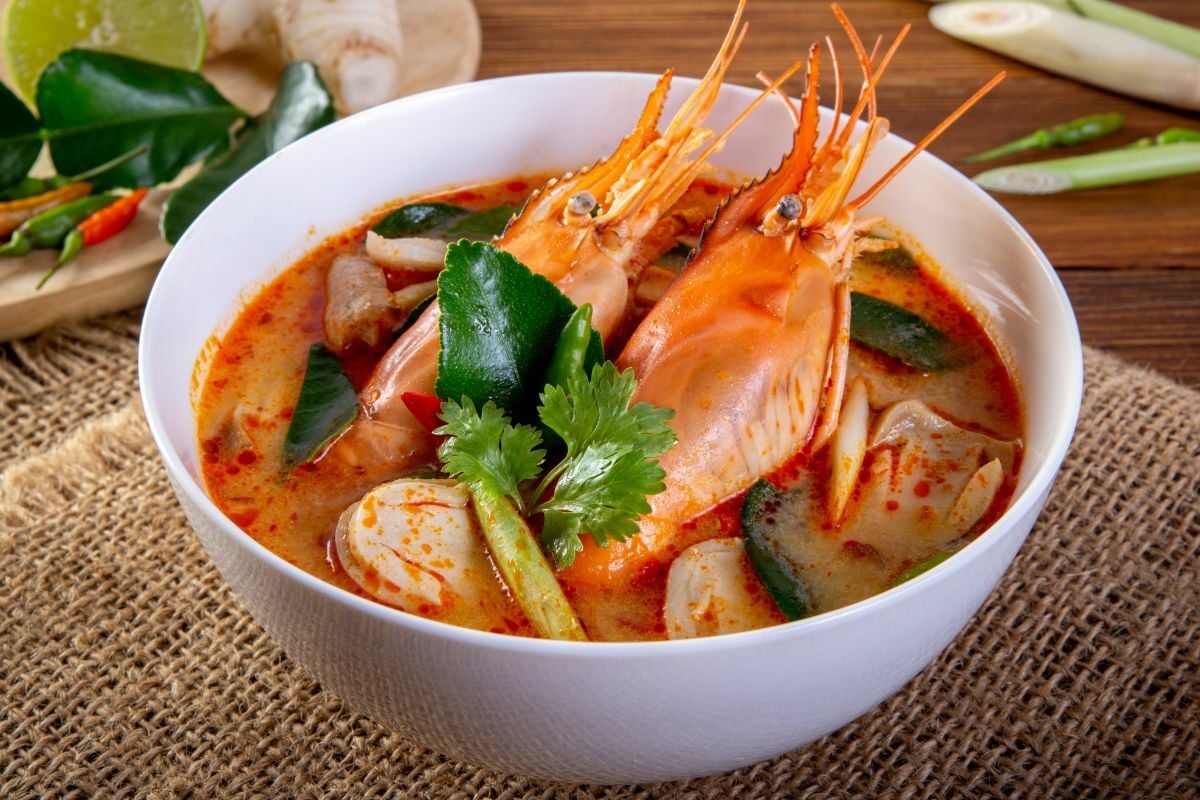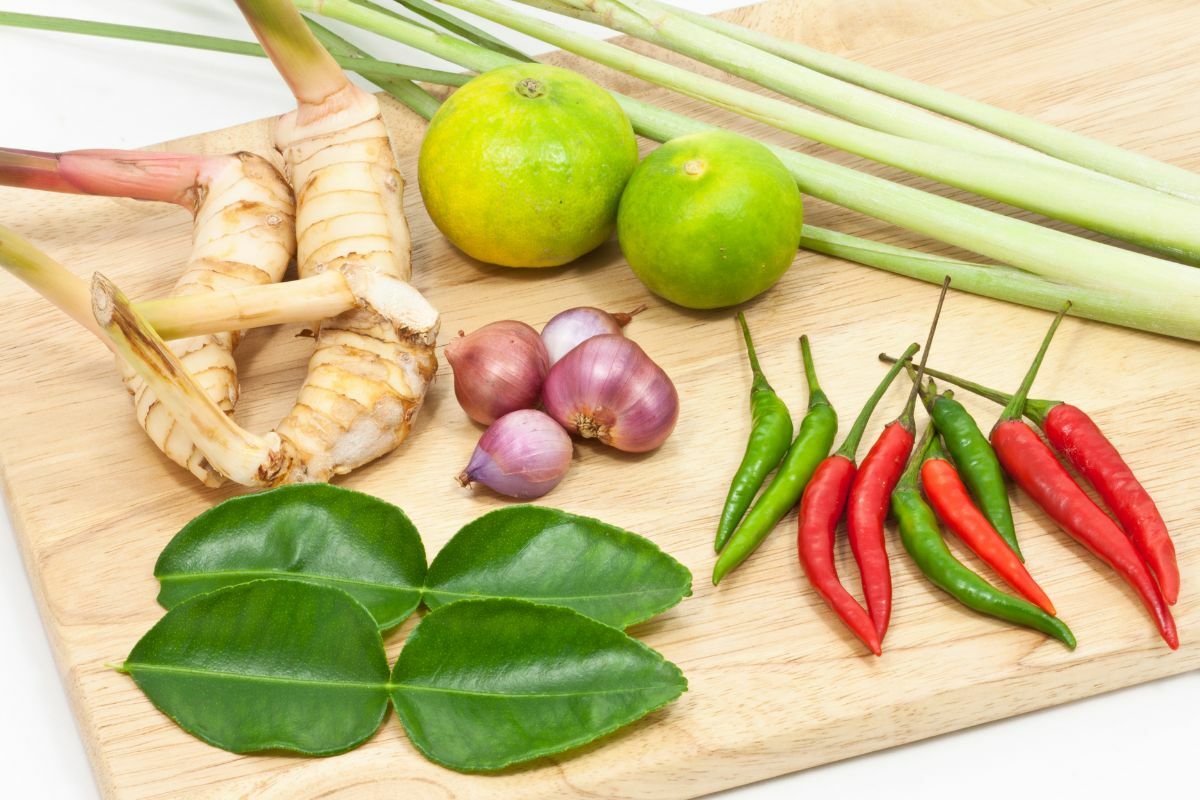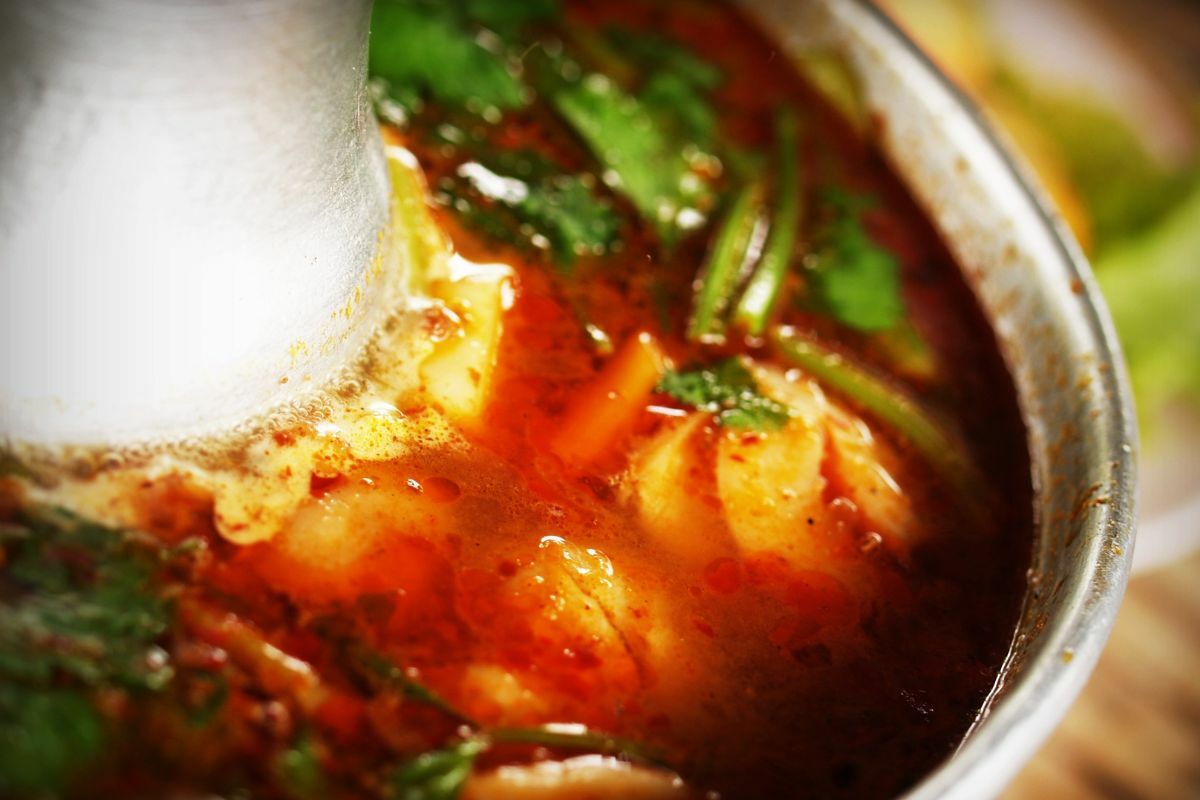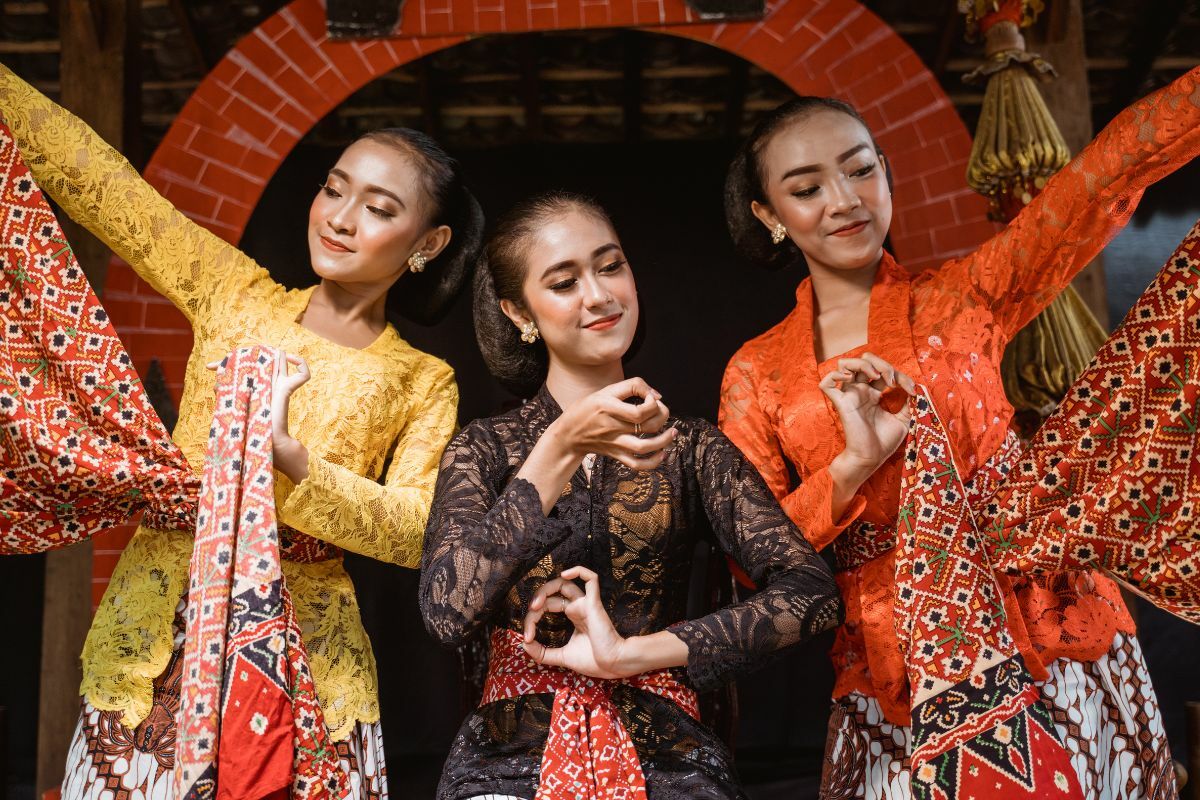UNESCO honours Thailand’s Tom Yum Kung as intangible cultural heritage

The United Nations Educational, Scientific, and Cultural Organisation (UNESCO) today, December 4, approved the renowned Thai dish Tom Yum Kung (hot and sour shrimp soup) as an Intangible Cultural Heritage of Humanity.
Thailand proposed the country’s iconic dish, Tom Yum Kung, for UNESCO’s consideration, and the proposal was officially approved today.
The announcement was made during the 19th Session of the Intergovernmental Committee for the Safeguarding of the Intangible Cultural Heritage, held in Asunción, the capital of Paraguay, at 2am Thai time.
The Prime Minister of Thailand, Paetongtarn Shinawatra, expressed her congratulations and gratitude to UNESCO and all relevant organisations for their support in bringing this Thai dish to the international stage. She noted that the approval would promote the preservation of Thailand’s intangible cultural heritage.
In addition, PM Paetongtarn encouraged both locals and foreigners to sample Tom Yum Kung at restaurants worldwide and to try cooking the dish themselves using recipes available online.
Tom Yum Kung is known for its spicy and sour flavour, complemented by the aromatic blend of herbs such as kaffir lime leaves, lemongrass, shallots, and galangal. Fresh chilli is an essential ingredient, and mushrooms are often added to the soup as well.

According to reports on various websites and insights from Thai academics, there is no definitive evidence identifying the creator of the Tom Yum Kung recipe or the exact origins of the dish. However, historical records suggest that it dates back to the reign of King Rama V.
Originally, the dish was made using fish as the main ingredient rather than shrimp, as is common today. It is believed that Tom Yum Kung originated in the central region of Thailand, where shrimp were abundantly available in rivers and canals.

In addition to Tom Yum Kung, the traditional kebaya blouse, popular among women in southern Thailand, was also recognised as an Intangible Cultural Heritage of Humanity. Brunei, Indonesia, Malaysia, Singapore, and Thailand jointly submitted the multinational nomination for the kebaya to UNESCO.

Thailand previously had four cultural heritage items that were registered as the intangible cultural heritage of humanity by UNESCO, namely Khon, Thai massage, Nora, and the Songkran Festival.
Latest Thailand News
Follow The Thaiger on Google News:


























